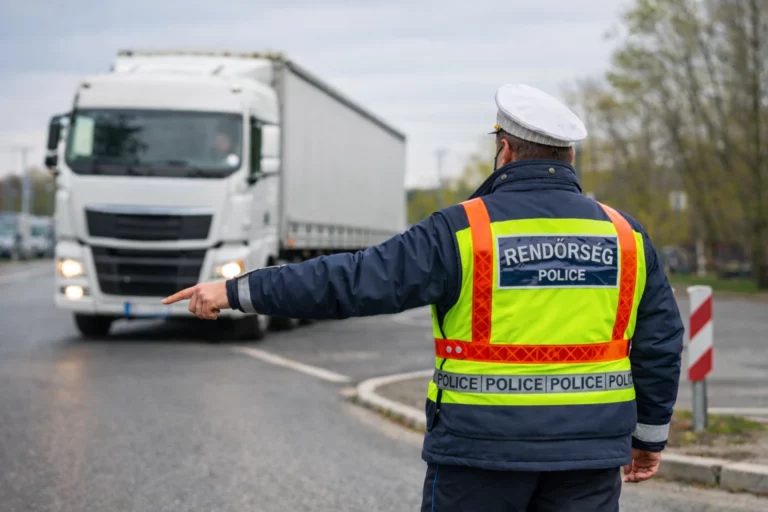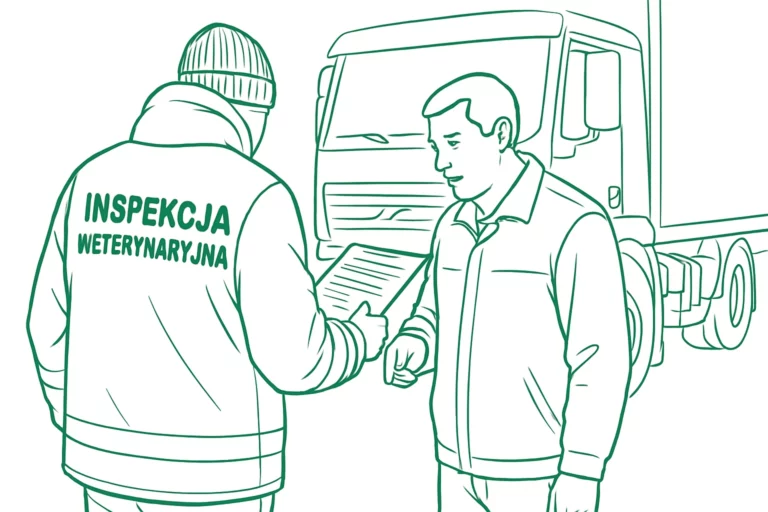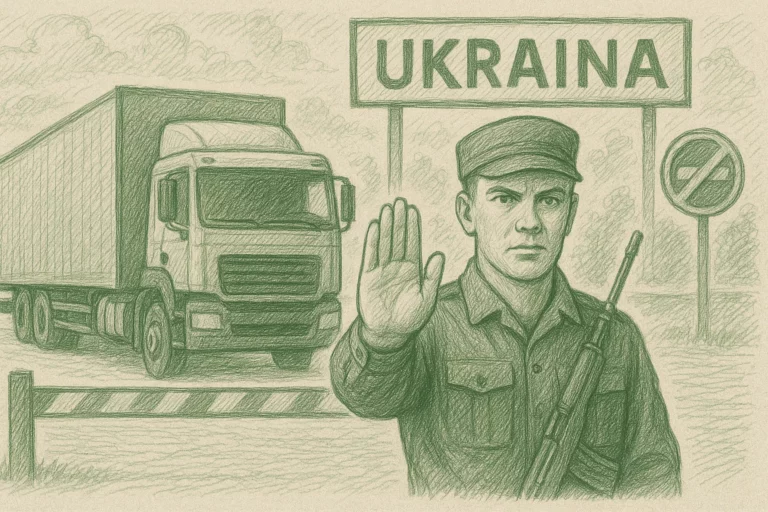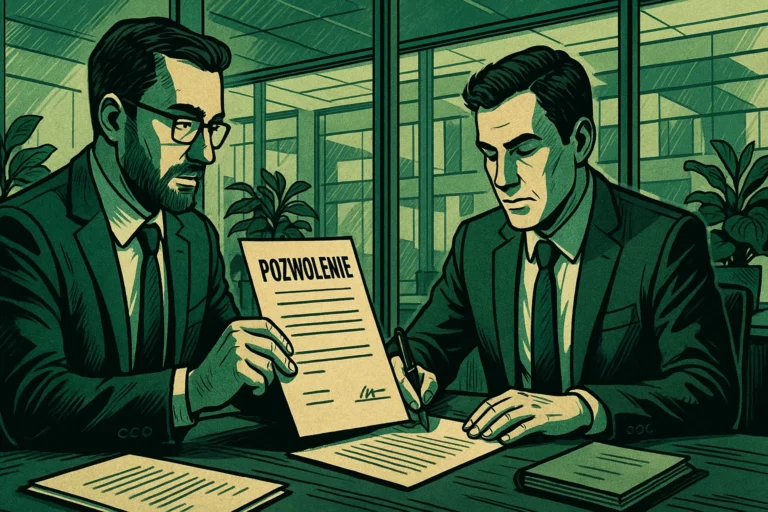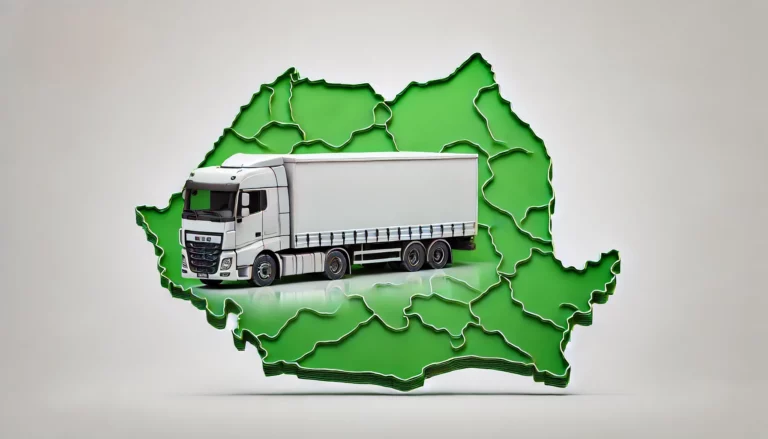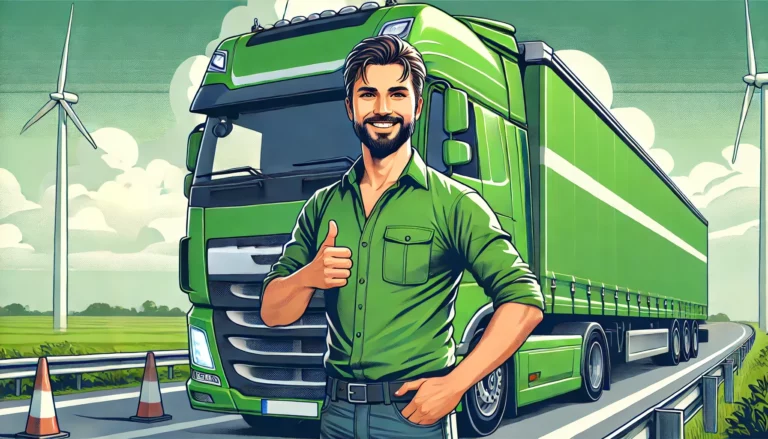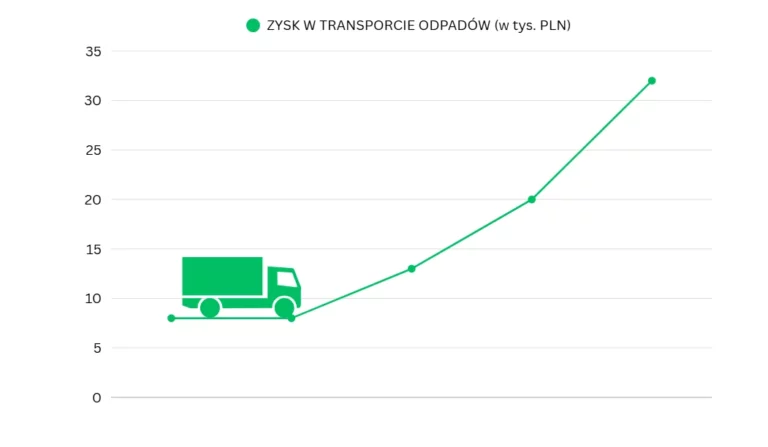BiREG notification: carrier obligations and consequences of failure to comply with them
Road transport through Hungary has for several years been subject to much stricter formal control than before. One of the key surveillance tools is the BiREG notification. For many hauliers, this is still an obscure or downplayed topic. Meanwhile, for the Hungarian authorities, it is one of the first sources of information during a roadside check or an inspection at the shipper's premises. A mistake in the BiREG declaration...

